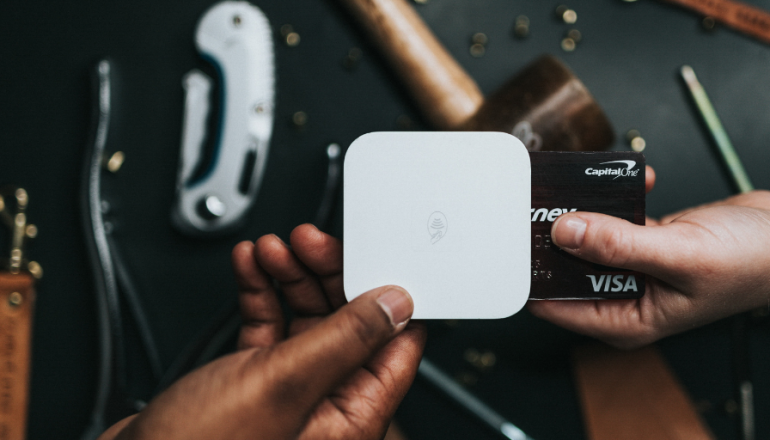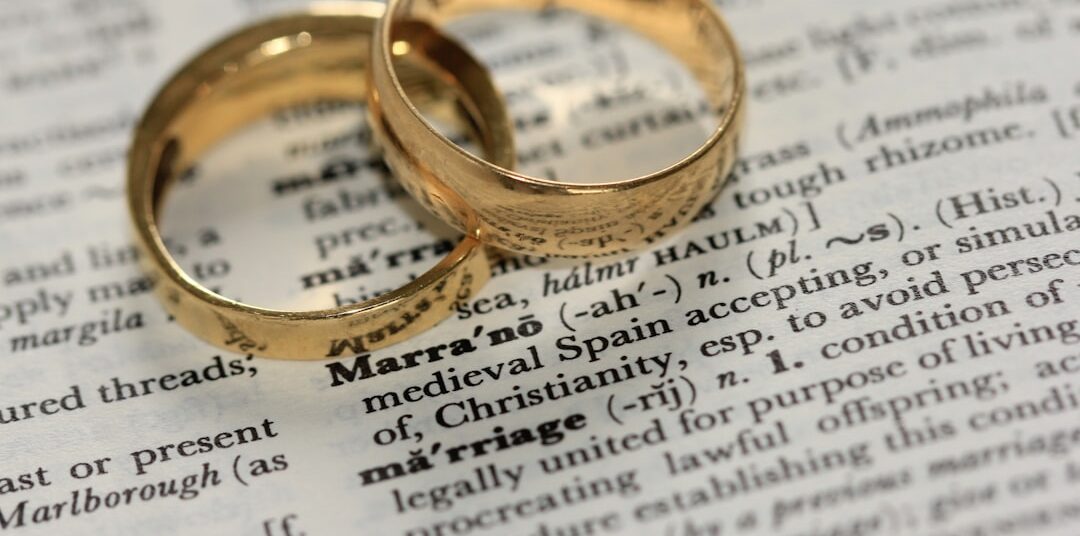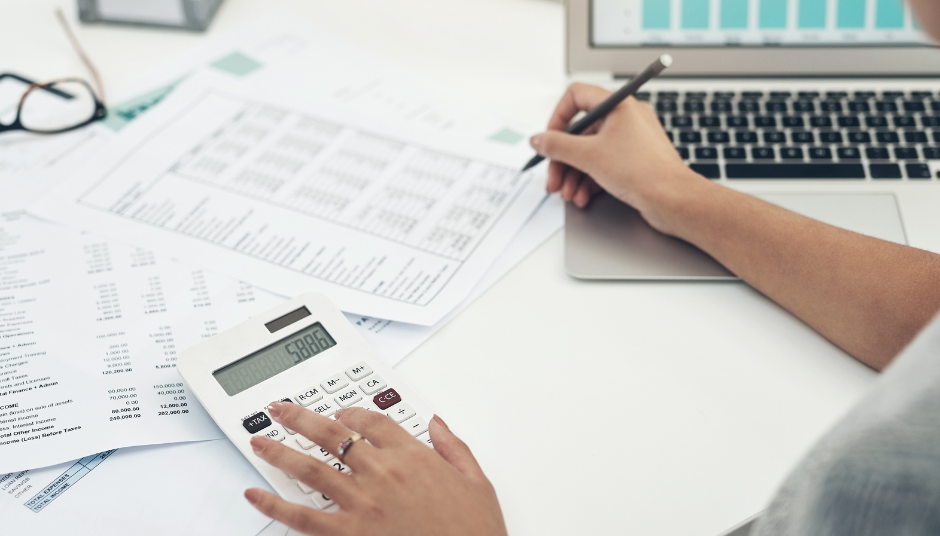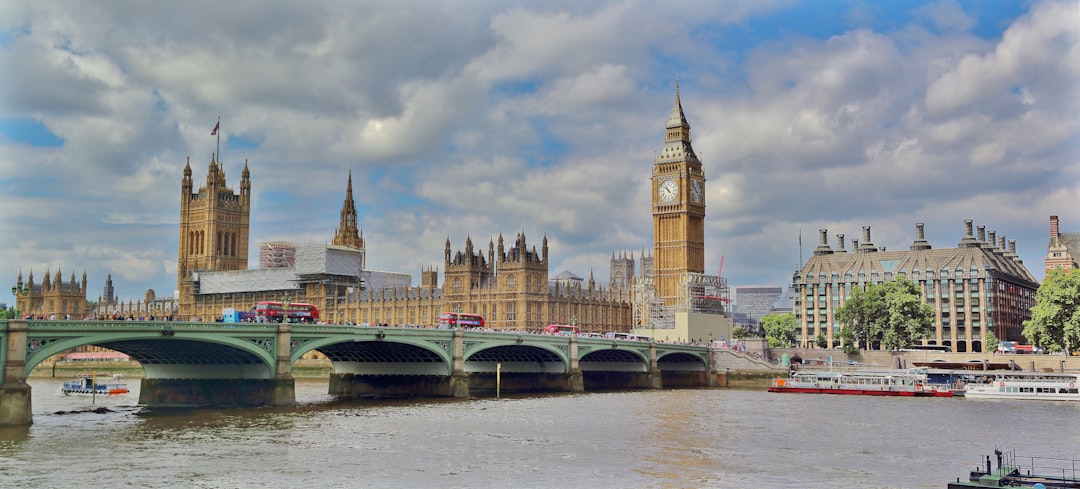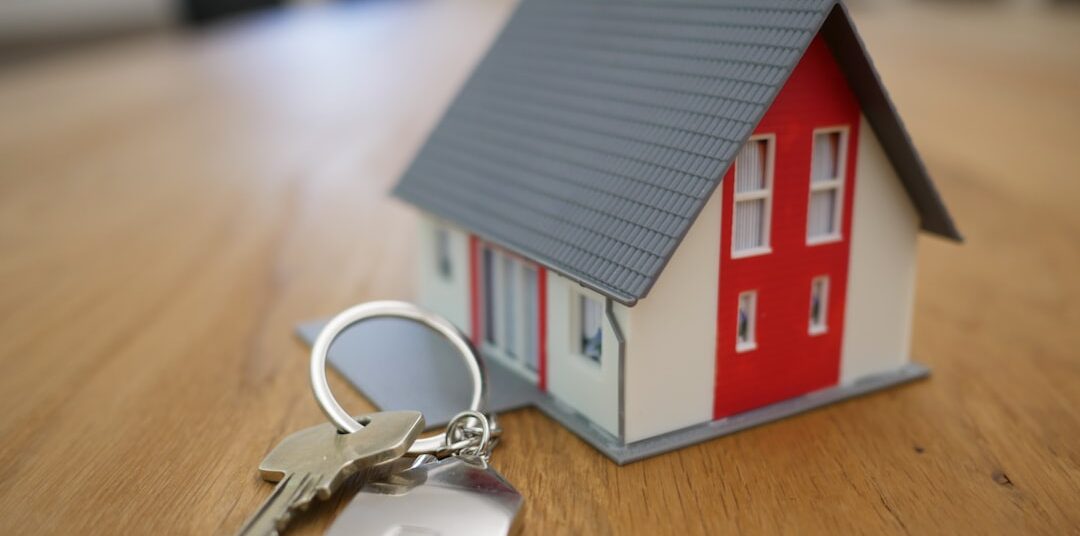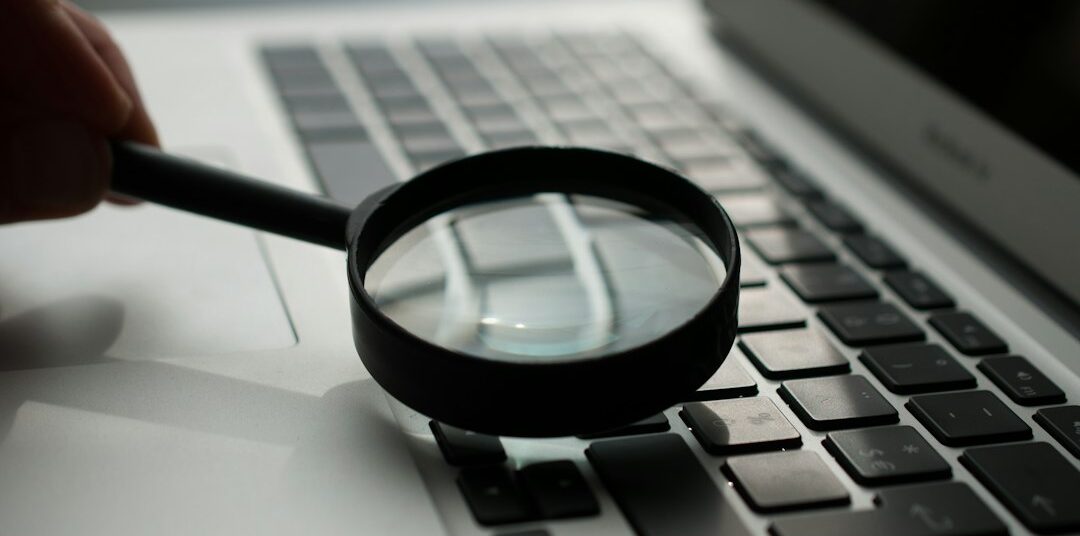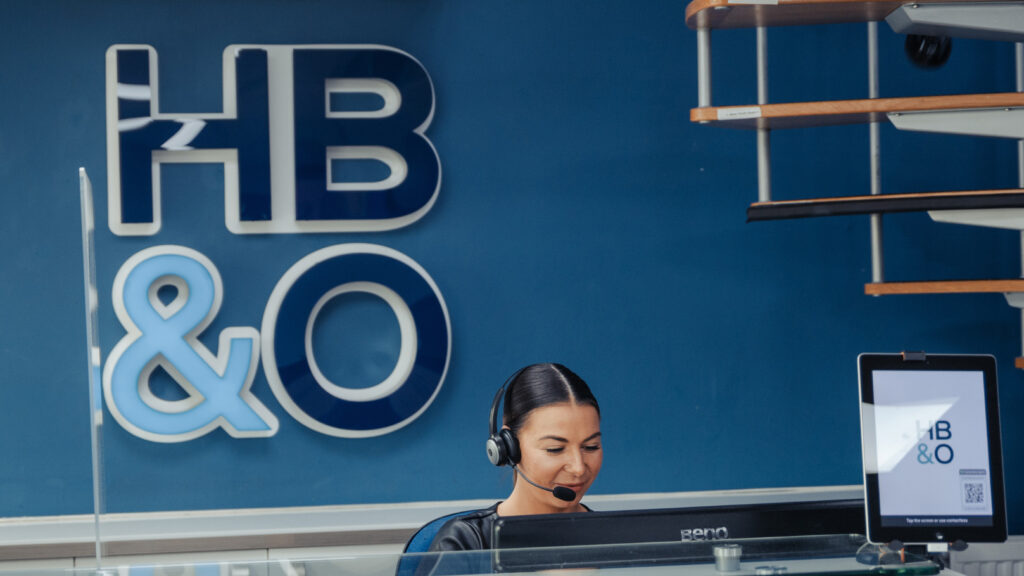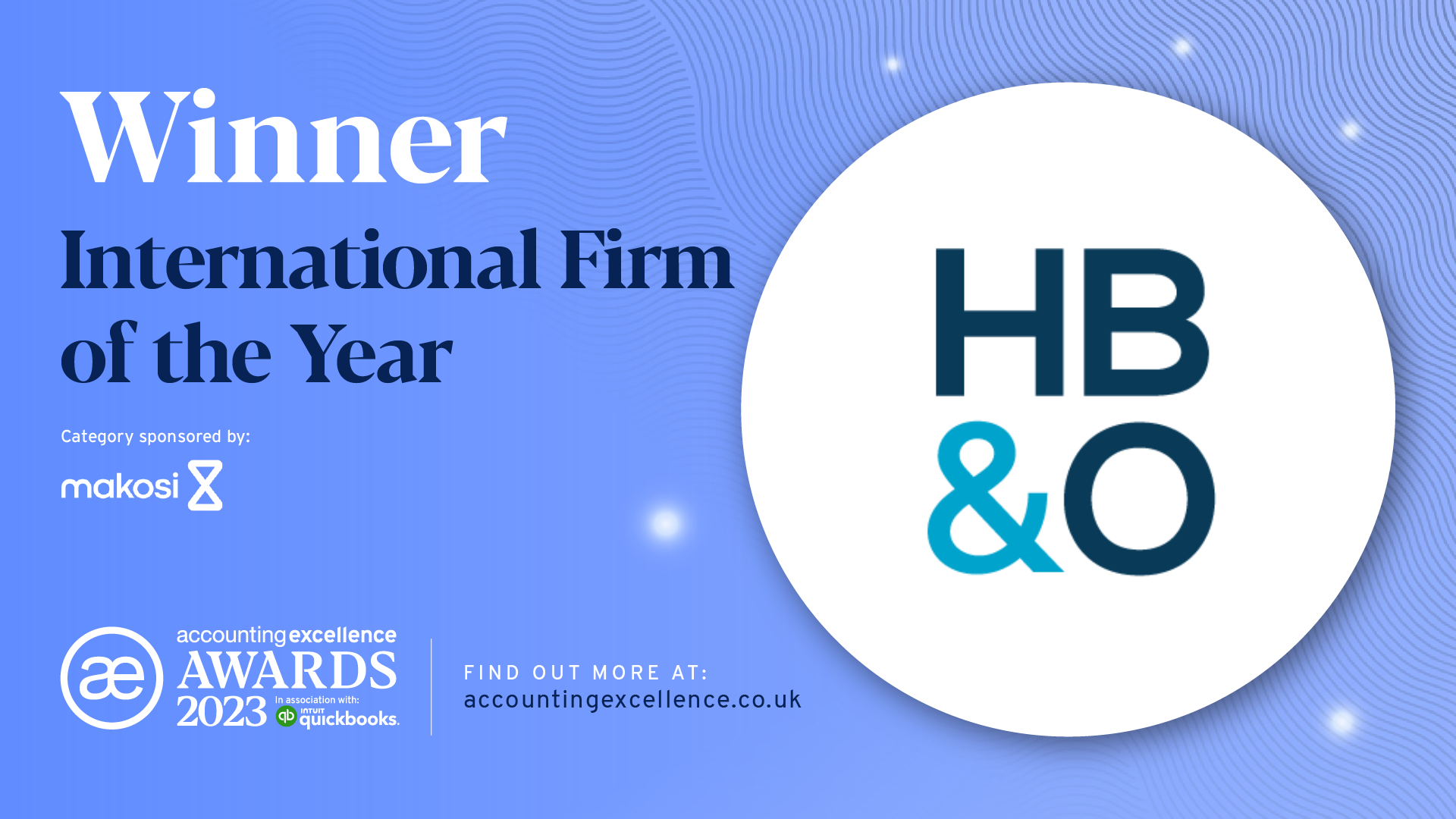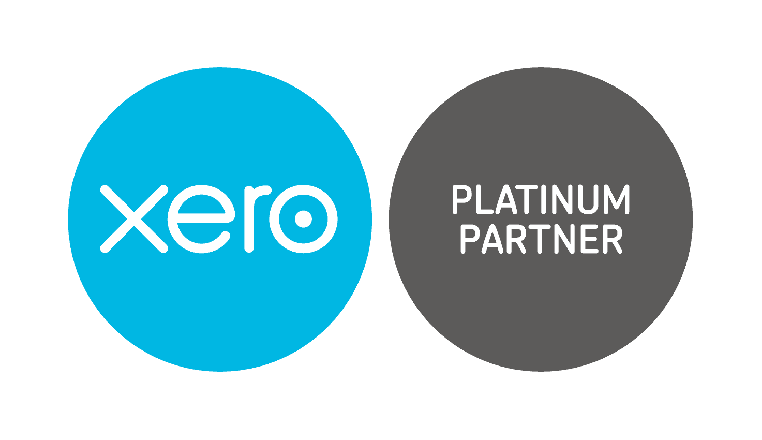There has been a lot of support announced for businesses, both large and small, by the Government to help them remain viable during the coronavirus pandemic. From a VAT perspective, one of the headline measures has been the postponement of VAT payments due between 20 March and 30 June 2020 until the next tax year.
While these measures will undoubtedly help businesses navigate the crisis, there are already several other existing schemes operated by HMRC that businesses may be able to take advantage of to help improve their cash flow during this difficult period.
Payments on Account for VAT:
A business is required to make ‘payments on account’, an advance payment towards the VAT bill, where the net VAT payable in any 12-month period or less has exceeded £2.3 million. In simple terms, eligible businesses will need to make monthly advance payments towards its quarterly VAT bill.
The ‘payments on account’ due are calculated on the net VAT liability from the previous 12 months. If your trade, and subsequently your turnover, has significantly reduced as a result of COVID 19, compared to the previous year, we may be able to approach HMRC to request a reduction in the level of the ‘payments on account’ for the foreseeable future.
Cash Accounting:
Cash accounting is a scheme that allows businesses to account for their VAT only after it has received payment from the customer. Due to the turnover threshold of £1.35 million or less, many businesses may have previously been unable to use the scheme. However, again, if your turnover has significantly dropped then this may be something that you could consider looking into.
Deregistering for VAT:
If your taxable turnover is likely to fall below £83,000 over the next 12 months, perhaps due to a fall in trade due to the coronavirus, you might consider voluntarily applying to deregister from VAT.
This may help your cash flow as you would not have to account for VAT on your income. You also wouldn’t have to incur the cost of any associated VAT compliance.
Other small adjustments could help with VAT cashflow:
- Are you reclaiming input VAT, the VAT added to the price when you purchase goods or services, on everything that you can?
- Would you benefit from using input VAT estimates and accruals? By using this scheme, you can receive input tax based on the date of which an invoice is issued, regardless of whether the invoice has been paid or not. This may allow you to reclaim any VAT paid quicker and get some much-needed cash in the bank.
- Do you have any bad debts that we could consider reclaiming VAT relief on? VAT can be reclaimed on bad debts one they are over six months old, from the date the payment was due, but less than four years and six months old.
- Would the business benefit from changing its VAT return stagger (e.g. the months in which your VAT payments are due on a quarterly basis)?
If you would like more information on any of the above, please contact Jessica Mason on [email protected], or your usual HB&O advisor.
